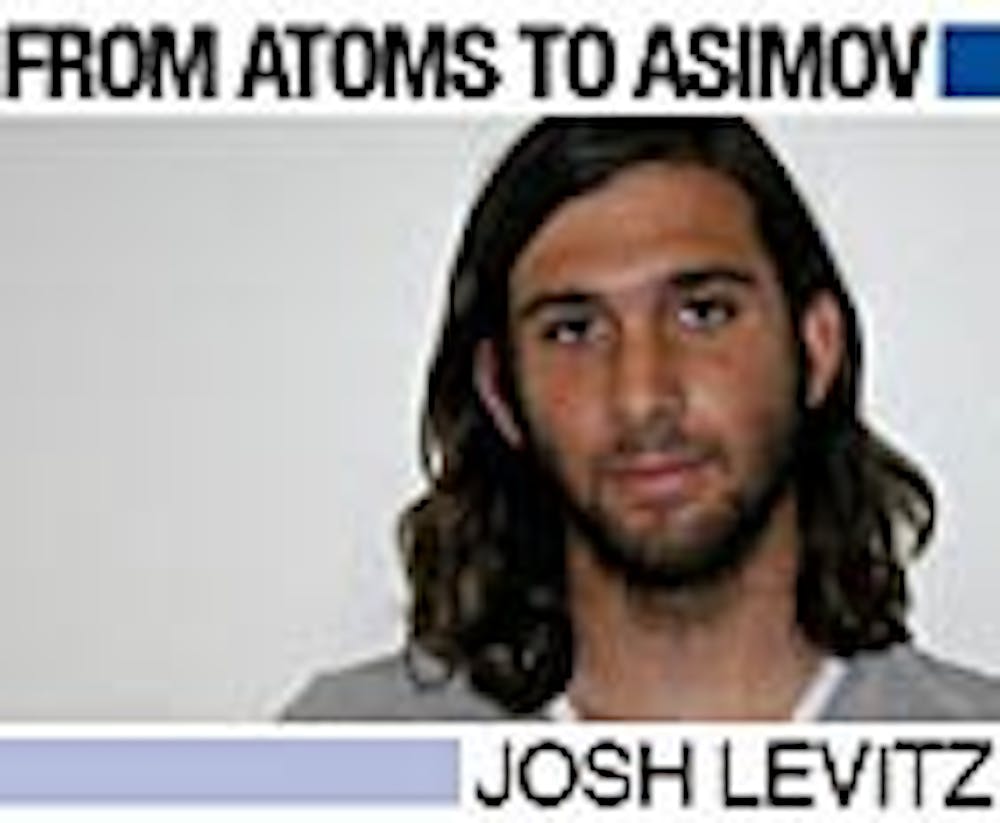Perhaps one of the hallmarks of an intelligent species is an intense interest in life in other worlds. Despite being somewhat taboo, this is certainly true of human beings. Science seeks to describe our universe, but it is often forced to do so in terms of our specific point of view here on Earth. However, one of the most fundamental questions that, to some extent, underlies all of our science is whether we are alone in the universe or, as is much more likely, if there are other forms of life.
This question comes to the forefront of my mind in the wake of new findings of a solar system with at least five planets of the star 55Cancri in the constellation Cancer. Of the five planets, one lies in the region that could support liquid water, known as the habitable zone. Due to a mass 45 times that of Earth, this planet is a gas giant and is not as promising for life as its proposed moons are. Most importantly, for the time being, five is the most planets ever to be found circling a star other than our own and is especially enticing given how quickly the identification of new planets has been in the last few years.
This recent study is complemented by another recent finding regarding the so-called goldilocks planet that was identified about six months ago. This planet resides in the constellation Libra and is called Gliese 581c. It was first believed to reside within the habitable zone, an area where the temperature could support liquid water. However, new research on its geology has found that it is probably extremely hot, whereas its neighbor Gliese 581d could have the right mix of distance from the sun, size and geology. The quick accumulation of data on this topic is quite impressive.
So what does all this mean? These planets are more than 20 light years away, and at this point, there is almost no conceivable way to send a mission there. Rather than thinking of this science in terms of human habitability, we must think in terms of life in general. The importance of these findings lies in the immense support they give to the field of astrobiology. Astrobiology seeks to understand the origin of life on Earth and to search for life elsewhere. The finding of planets that may support some form of life is excellent justification for this field to continue to gain support and tackle more manageable research topics, such as pre-cellular evolution on Earth and past or present life elsewhere in the solar system (Mars, Titan, etc.).
On a less hard-scientific level, these findings should fill us all with hope. If there is one scientific finding I would like to occur in my life, it would probably be the discovery of another form of life somewhere other than Earth. Humans desperately need to be humbled to understand that we are not alone. Not in the sense that there is some unidentified deity watching over us, but that there are other forms of life that are developing under the same laws of physics and same laws of evolution.
At the same time, the impact on science would be extraordinary. Think of the vast array of knowledge that we could learn just from witnessing microbes on another planet. For example, our biochemistry would face amazing new discoveries, as it seems highly likely that the chemicals of life could be radically different on another planet. Perhaps silicon could be used instead of carbon, and perhaps there would even be a different genetic code then DNA.
To say that modern astronomy has no practical application is ridiculous. While exploration throughout our solar system has given us immediately usable technology, the identification of habitable planets circling a different star can give us something even more practical: perspective.
Josh Levitz is a junior in the College of Arts and Sciences and a science columnist for The Eagle.





